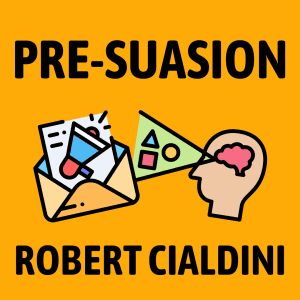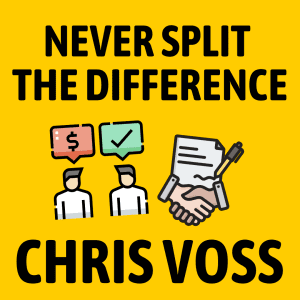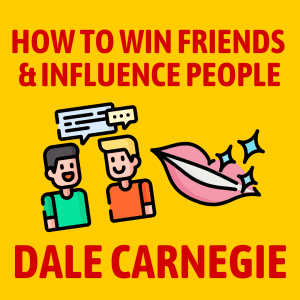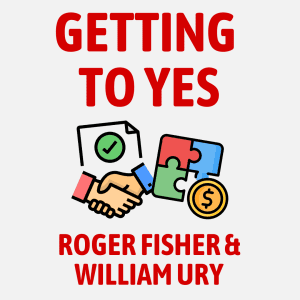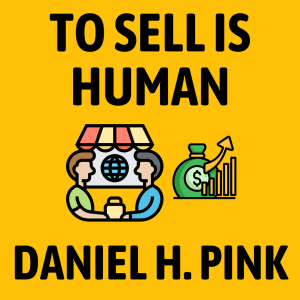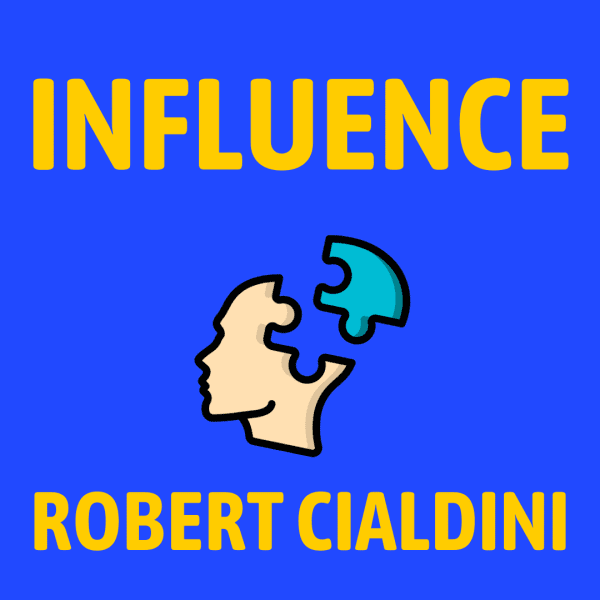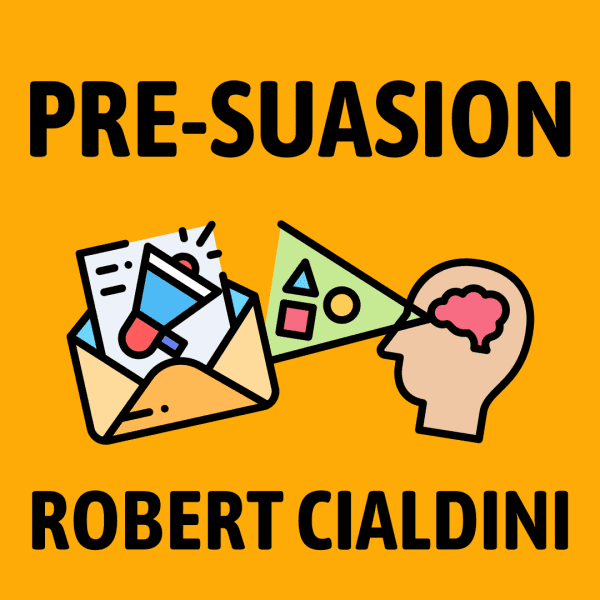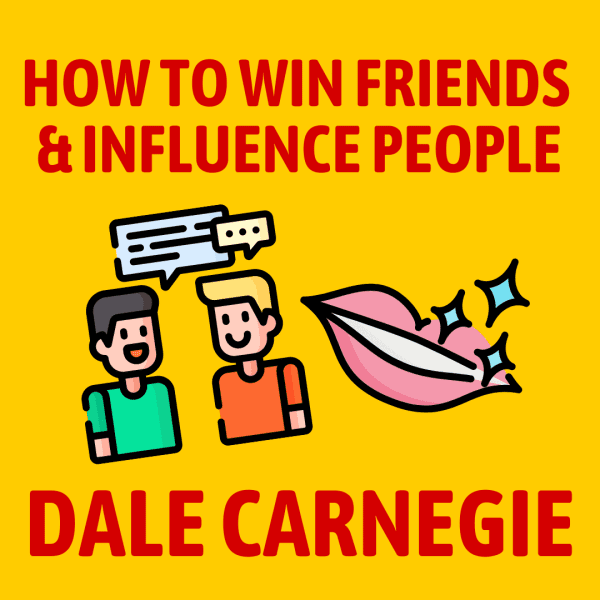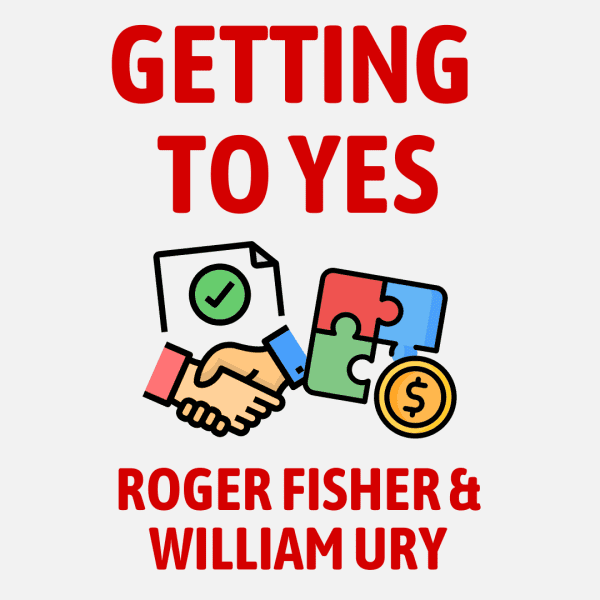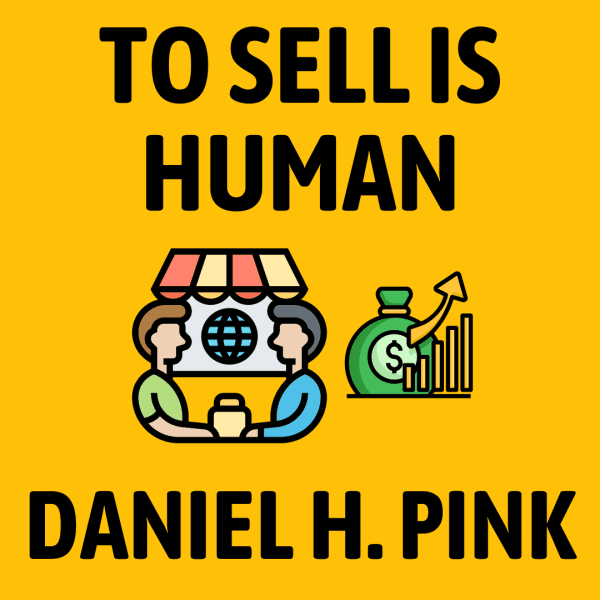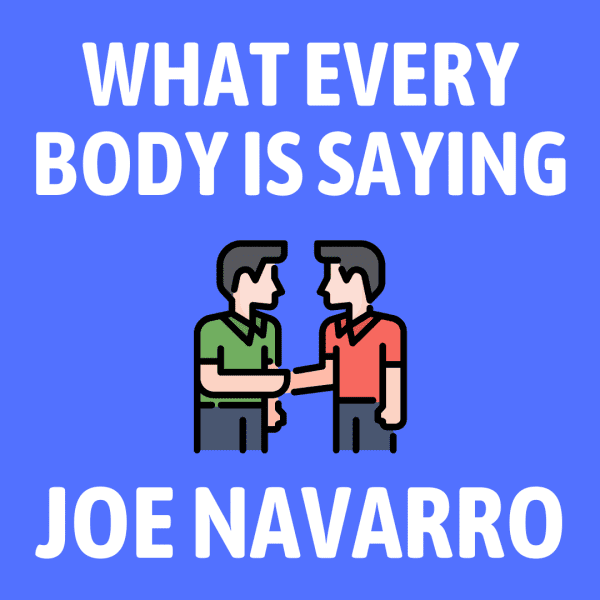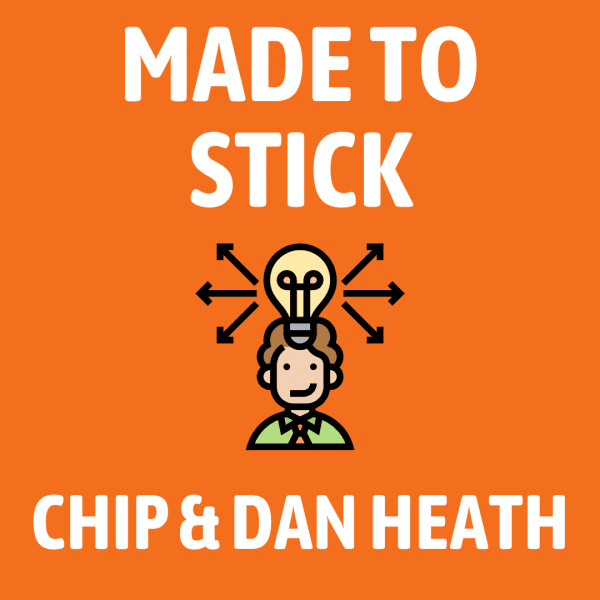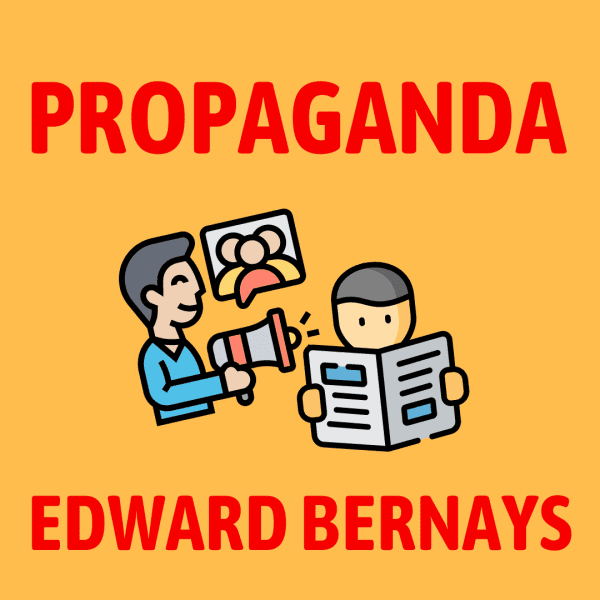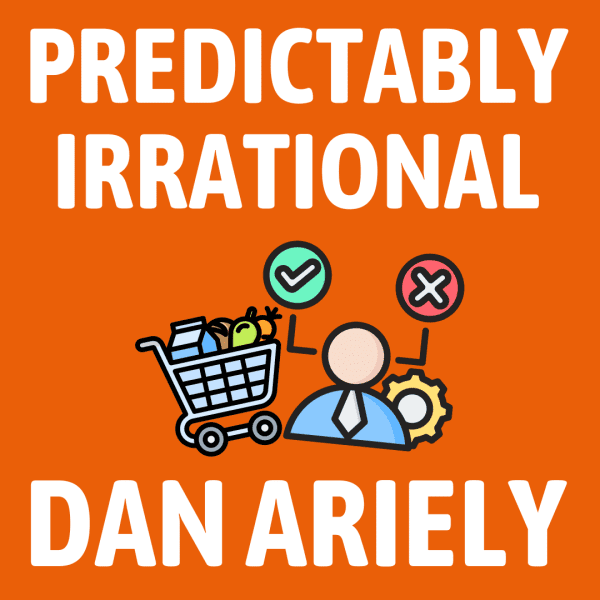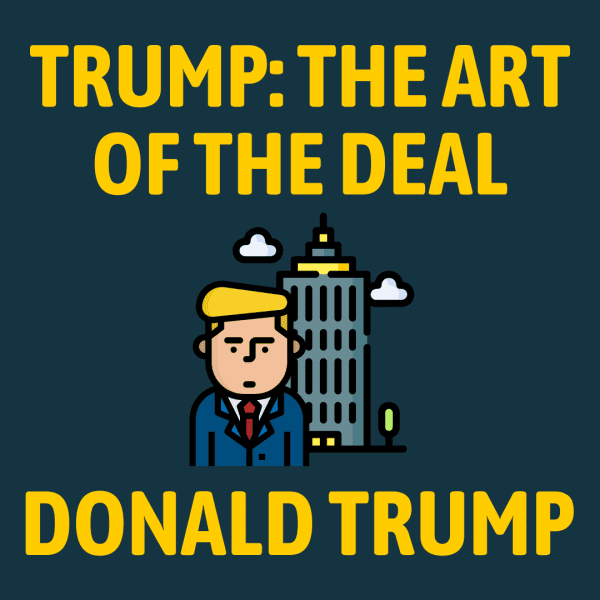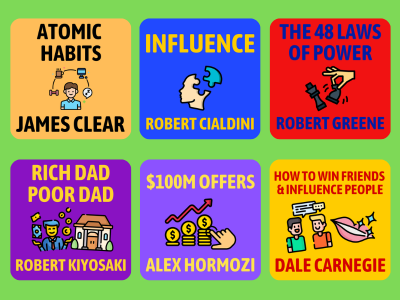Influence is about six principles of persuasion useful for sales, marketing, and negotiation.
Professor Robert Cialdini backs his ideas with a lot of science research.
The six principles are: reciprocity, commitment and consistency, social proof, liking, authority and scarcity.
Why read it?
Influence may be the greatest marketing book of all time.
But more than that, like a secret playbook of the human mind—a deep dive into our decision-making process.
Think of it as a crash course in "Why did I just agree to that?" or "Why did I just buy that?" It's a must-read, whether you are a marketer, salesperson, or you just want to communicate with more influence.
By the end, you'll understand why we say "yes" to things that make no sense, from buying stocks we know nothing about to subscribing to that cheese-of-the-month club. 🧀


